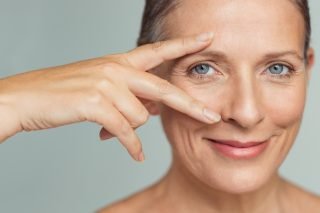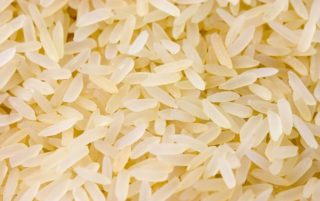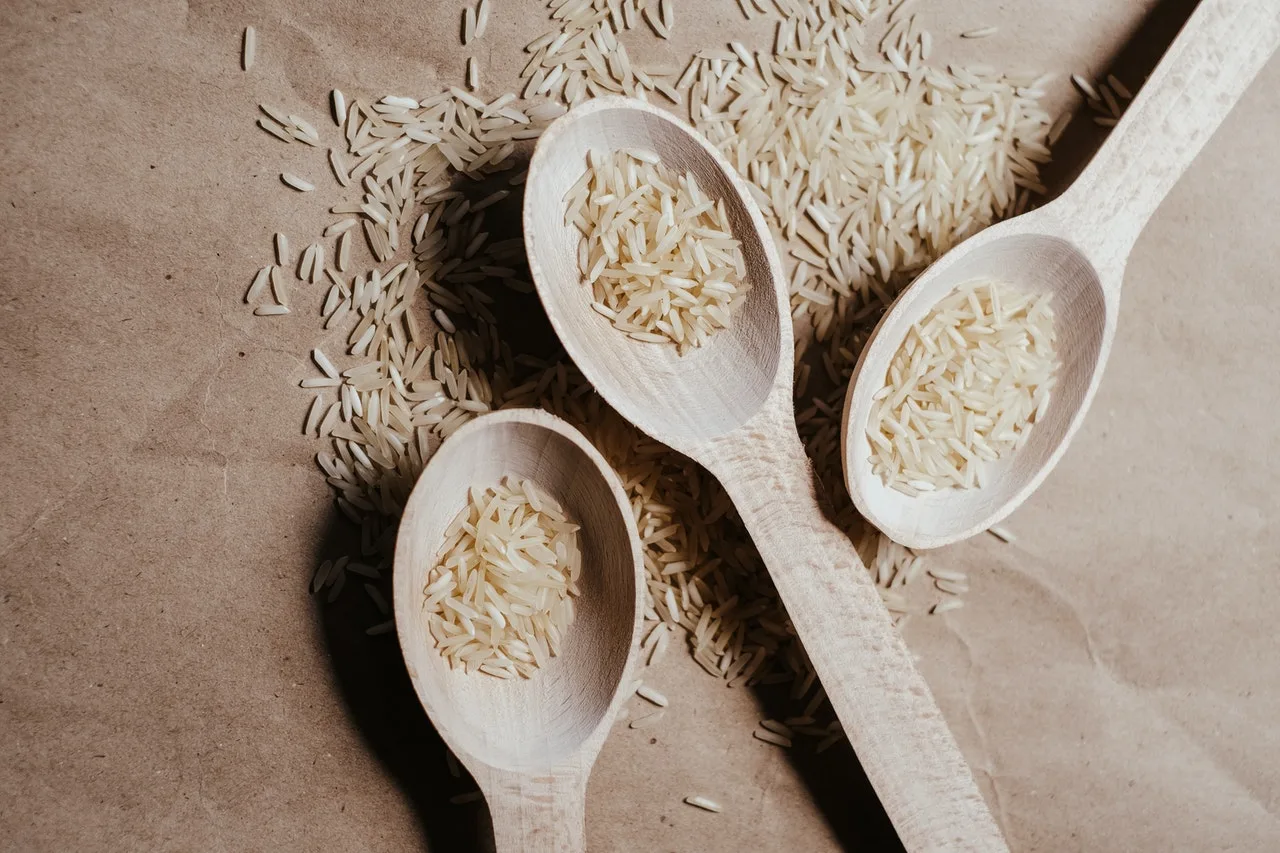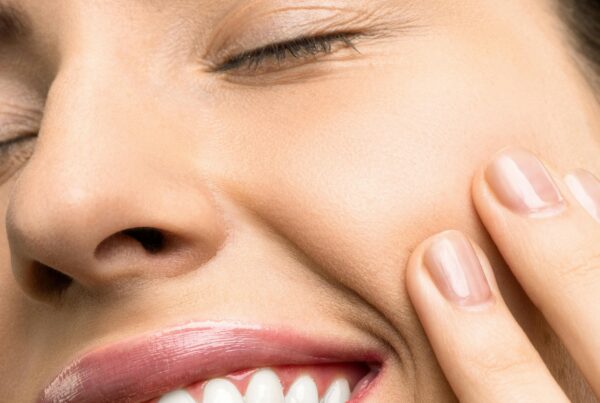We’re always looking for the next beauty ingredient that’ll help to improve the health of our skin and the state of our locks. To think that this ingredient has been right under our noses – or rather hidden away in the kitchen. Rice water as a beauty ingredient has been used for years in the Asian community, and for good reason.
The Benefits of Rice Water
If you’re wondering how exactly rice water can benefit your skin and hair, it all comes down to its antioxidant content. Antioxidants are the body’s best fighters as they help to combat the effects of free radicals – compounds that damage cells, leading to an increased risk of chronic diseases as well as skin aging.
So how many antioxidants are in rice water? Well, a study published in Cosmetics suggested that a product that listed rice water as an ingredient had the same antioxidant activity as vitamin C.
If that’s not enough, rice water also consists of proteins, and we know that protein is beneficial for both skin and hair health.

Rido/Shutterstock
If you’re still not convinced, here are more reasons as to why you shouldn’t throw out the rice water.
1. Sun damage
If you’re dealing with redness, sunburn, or any other form of sun damage, then you may need to rush to the kitchen and get a dose of rice water.
Not only did one study find that fermented rice water can help improve sun damage, but a separate study also found that sunscreens that contain rice bran extracts were more effective when it came to UVA/UVB protection.
2. Anti-aging
The secret to anti-aging can be found in your kitchen cupboard.
Inositol is an ingredient found in rice water and, according to a 2001 study, this ingredient has been found to reduce the size of wrinkles by 12.4% and increased elasticity by 17%.
If you’re still not convinced, a much more recent study found that rice water can inhibit the actions of elastase – an enzyme that’s involved in premature aging.
Also, as mentioned, rice water is high in antioxidants, and this may be the reason behind its anti-aging benefits.
3. Rescues damaged hair
If your curls have taken a bit of a hit in recent weeks, then it’s rice water to the rescue.
As mentioned, rice water contains protein and as our hair is literally made up of protein (keratin), then of course rice water is good for our hair.

Jacob Lund/Shutterstock
In fact, a Japanese study published in The International Journal of Cosmetic Science found that rice water significantly improved elasticity and reduced surface friction.
Also, rice water contains inositol and according to research, inositol has been shown to help repair damaged hair (1).
How to Make Rice Water
Rice water is pretty easy to make. All you need is 1 cup of rice and 1 cup of water.
To make the water, make sure to rinse the rice well and strain it to remove the water. Once you’ve done this, place the rice and water into a bowl, and let it sit for a few hours. Once that’s done, strain the rice, and keep the leftover water.
You should then take the rice water and put it in a glass jar. Make sure to cover it with a lid and let it sit at room temperature for 12 to 24 hours. This is to allow fermentation to take place as research has found that fermented substances have a higher amount of antioxidants. Once it’s fermented, put the jar in the refrigerator and try to use it within one week.
How do I use it?
Rice water can be used in a number of different ways.
If you’re using it for your hair, you can use it as a hair mask, hair spray, or even a hair rinse. Whichever method you choose, make sure to add a little essential oil to it because the smell isn’t the best. I suggest lavender essential oil as it smells great, and can provide additional benefits for your hair.
If you’re using it for your skin, you can use it as a cleanser or toner. You can either massage it into your skin and rinse it off, or you can use a cotton ball to gently smooth rice water over your face and neck and rinse it off if desired. 
Are there any risks?
Only if you’re allergic to rice, in which case it may trigger irritation. Also, most commercially sold rice is treated with pesticides, so make sure to thoroughly clean your batch of rice before using it.
Want to know more?
Little remains to be said about how the pandemic has changed everything that we know about our old normal lives, so it’s no surprise that the billion-dollar beauty industry is finding different ways to survive.
In fact, the beauty industry is adopting a curious, albeit cautious approach to dealing with the pandemic.
References
Binic, I., Lazarevic, V., Ljubenovic, M., Mojsa, J., & Sokolovic, D. (2013). Skin ageing: natural weapons and strategies. Evidence-based complementary and alternative medicine : eCAM, 2013, 827248. https://doi.org/10.1155/2013/827248
Cefali, L.C., Ataide, J.A., Moriel, P., Foglio, M.A. and Mazzola, P.G. (2016), Plant‐based active photoprotectants for sunscreens. Int J Cosmet Sci, 38: 346-353. https://doi.org/10.1111/ics.12316
Glynis A. (2012). A Double-blind, Placebo-controlled Study Evaluating the Efficacy of an Oral Supplement in Women with Self-perceived Thinning Hair. The Journal of clinical and aesthetic dermatology, 5(11), 28–34.
Hunaefi, D., Akumo, D. N., Riedel, H., & Smetanska, I. (2012). The Effect of Lactobacillus plantarum ATCC 8014 and Lactobacillus acidophilus NCFM Fermentation on Antioxidant Properties of Selected in Vitro Sprout Culture of Orthosiphon aristatus (Java Tea) as a Model Study. Antioxidants, 1(1), 4–32. doi:10.3390/antiox1010004
Inamasu, S., Ikuyama, R., Fujisaki, Y. and Sugimoto, K.‐I. (2010), Abstracts: The effect of rinse water obtained from the washing of rice (YU‐SU‐RU) as a hair treatment. International Journal of Cosmetic Science, 32: 392-393. https://doi.org/10.1111/j.1468-2494.2010.00605_3.x
Marto, J., Neves, Â., Gonçalves, L., Pinto, P., Almeida, C., & Simões, S. (2018). Rice Water: A Traditional Ingredient with Anti-Aging Efficacy. Cosmetics, 5(2), 26. doi:10.3390/cosmetics5020026
Zhoh, Choon-Koo & Song, Hwan & Han, Chang-Giu & Tsuno, Fumi. (2001). The Effects of Inositol Extracted from Rice on the Skin. Journal of the Society of Cosmetic Scientists of Korea. 27.



![women [longevity live]](https://longevitylive.com/wp-content/uploads/2020/01/photo-of-women-walking-down-the-street-1116984-100x100.jpg)










